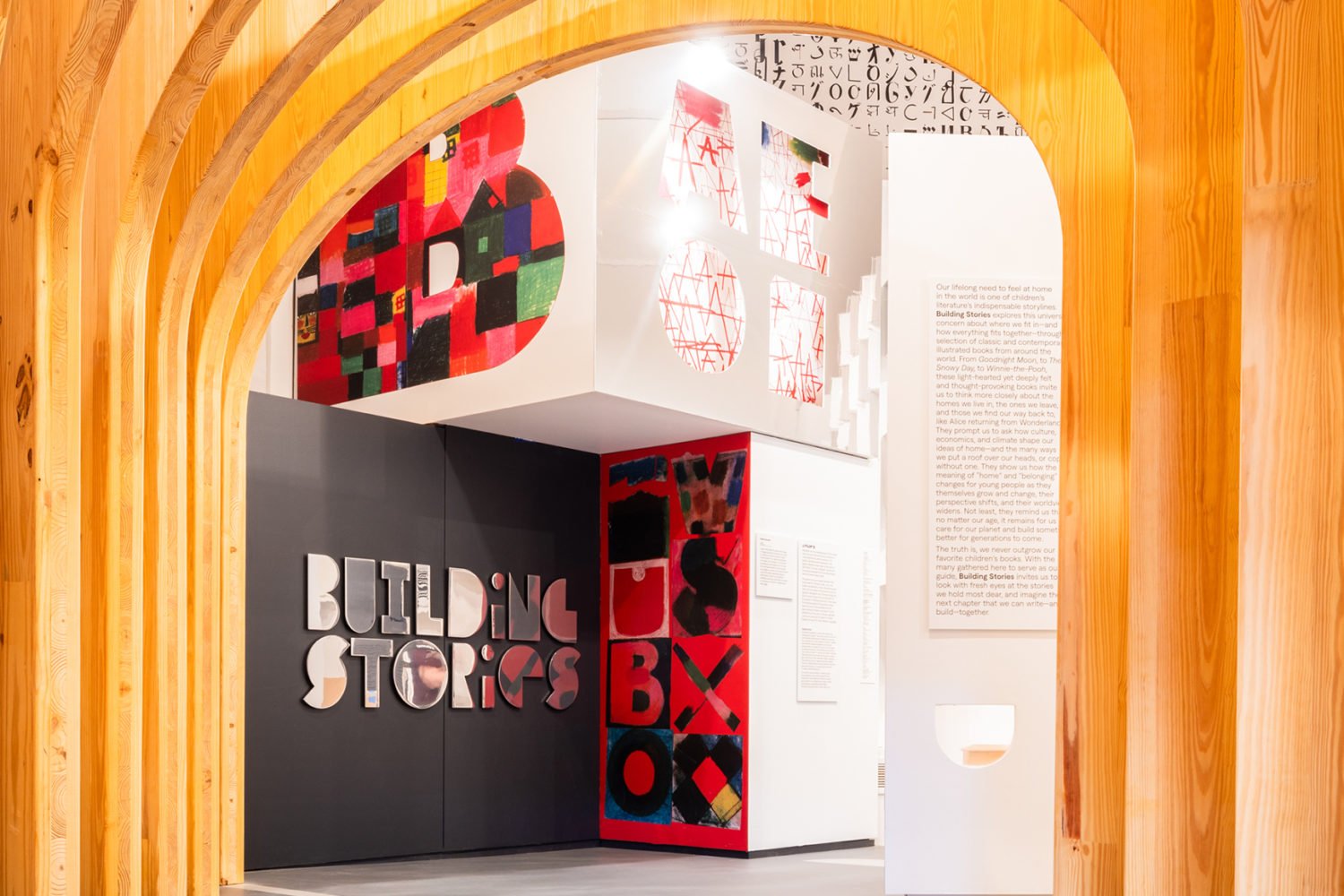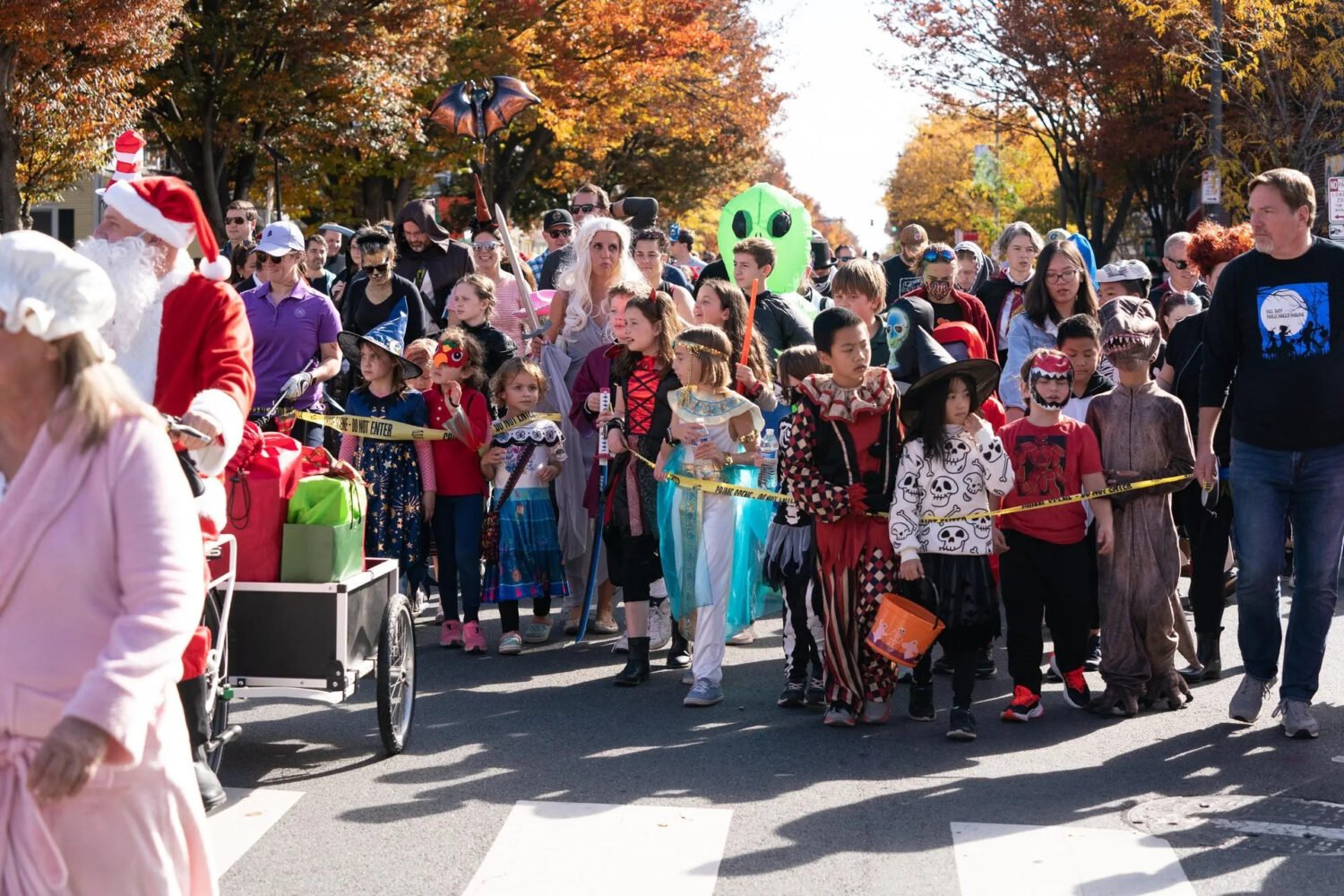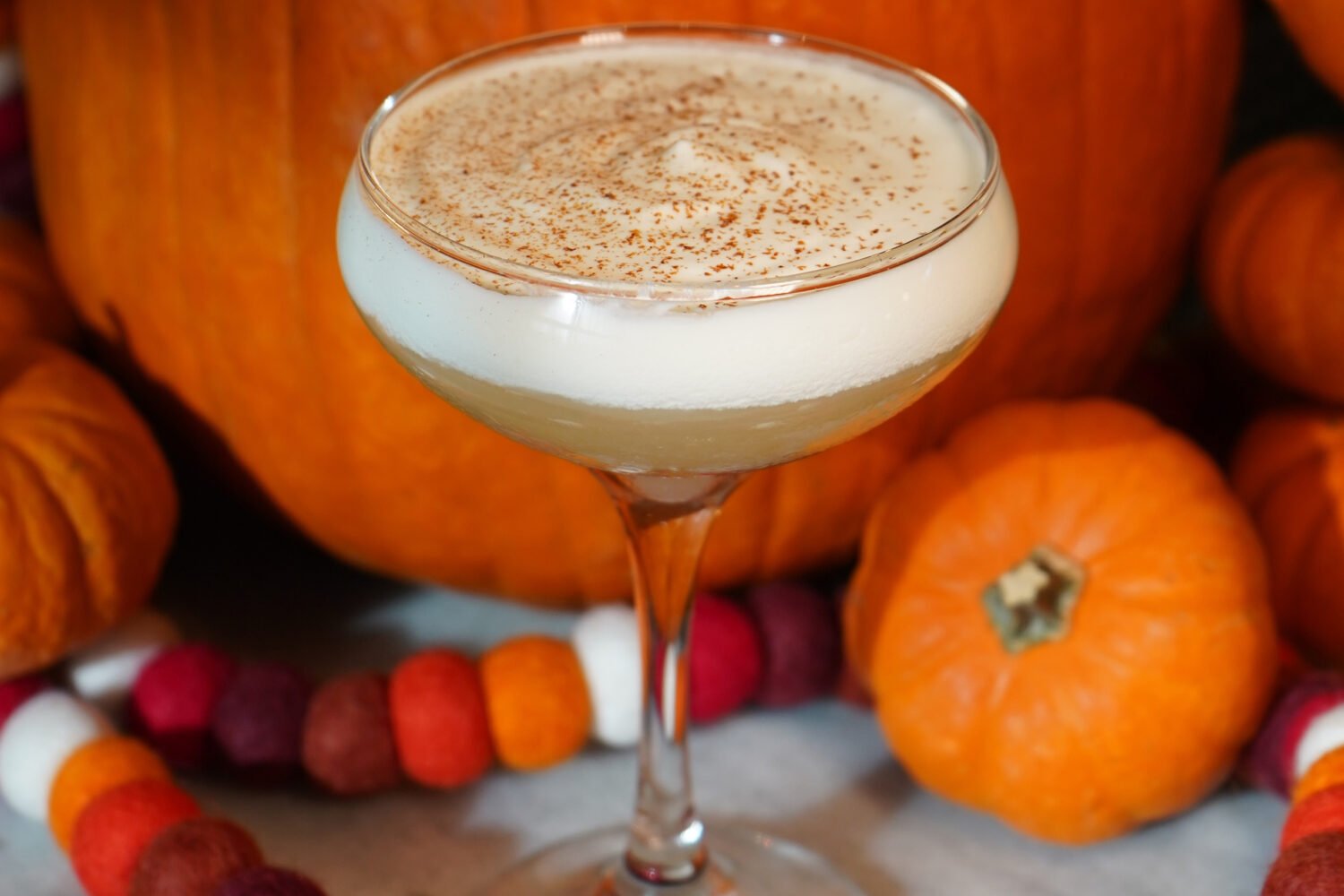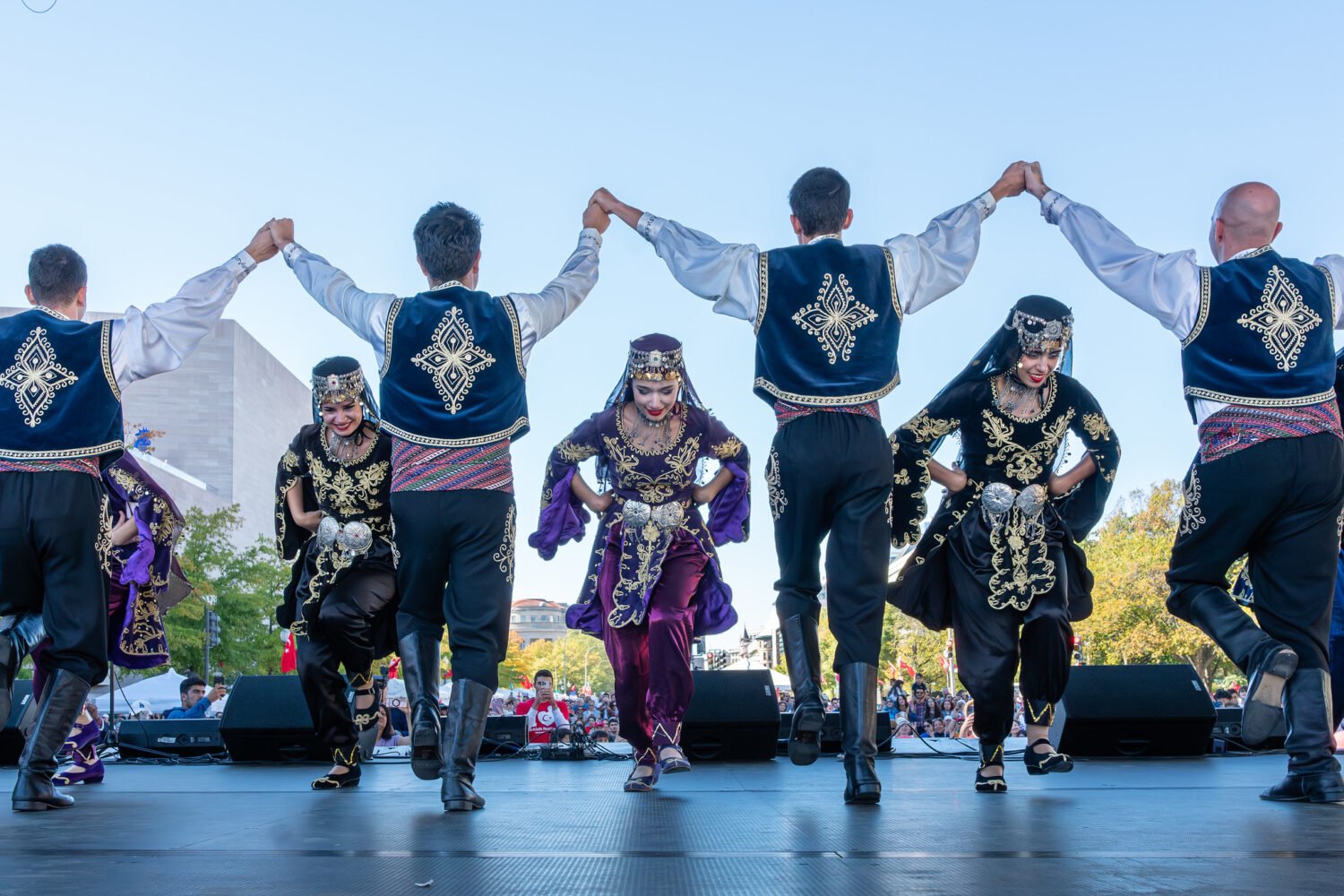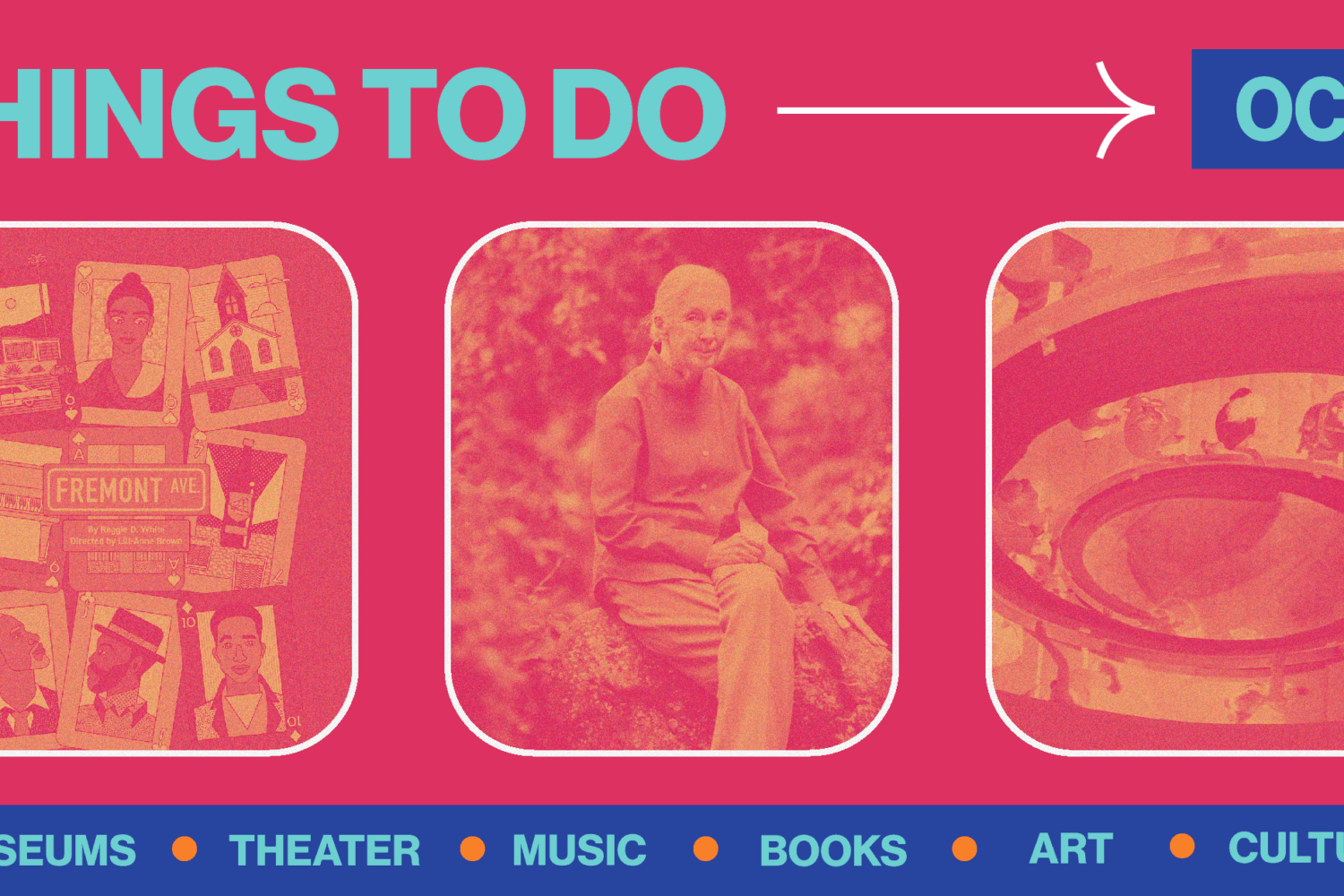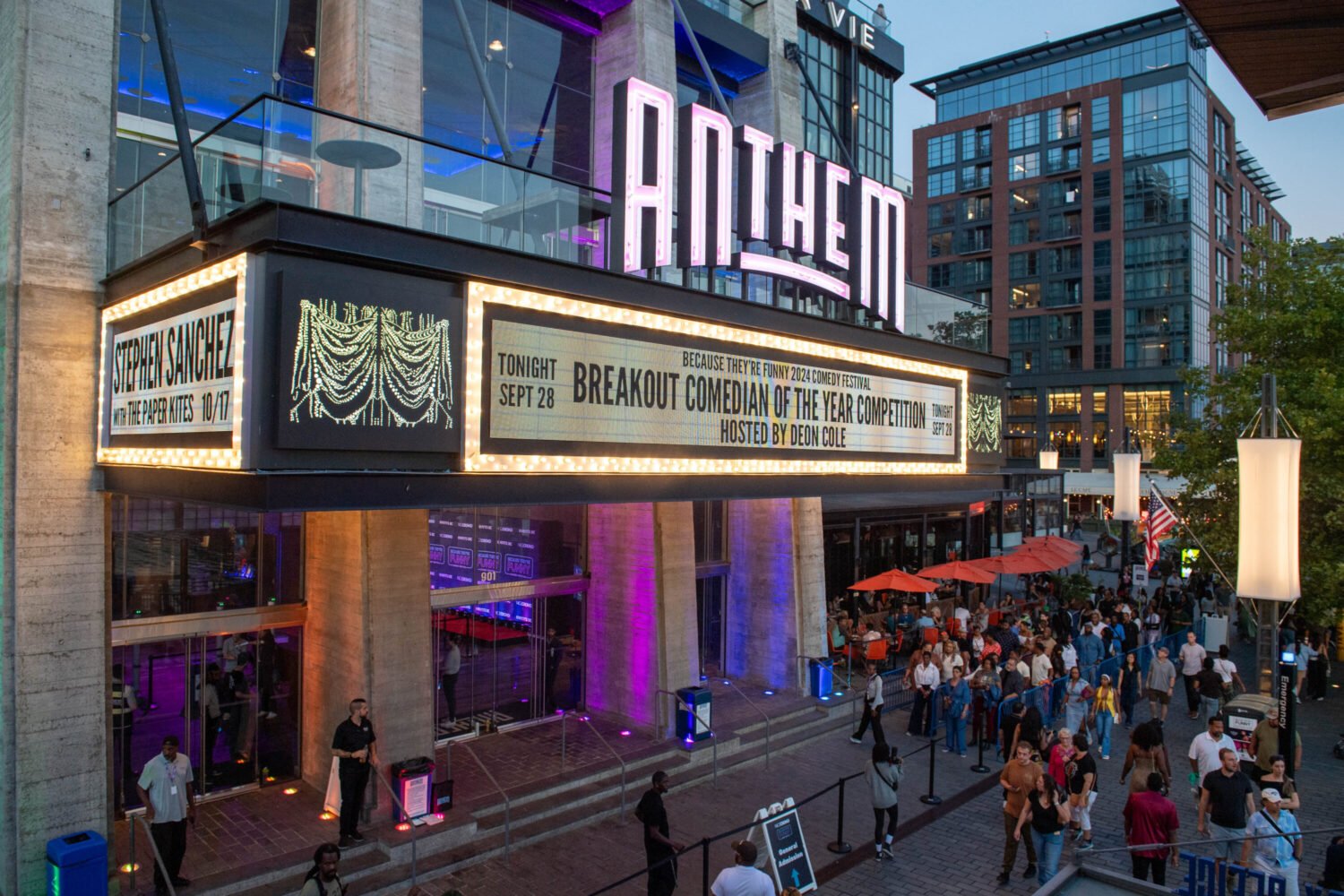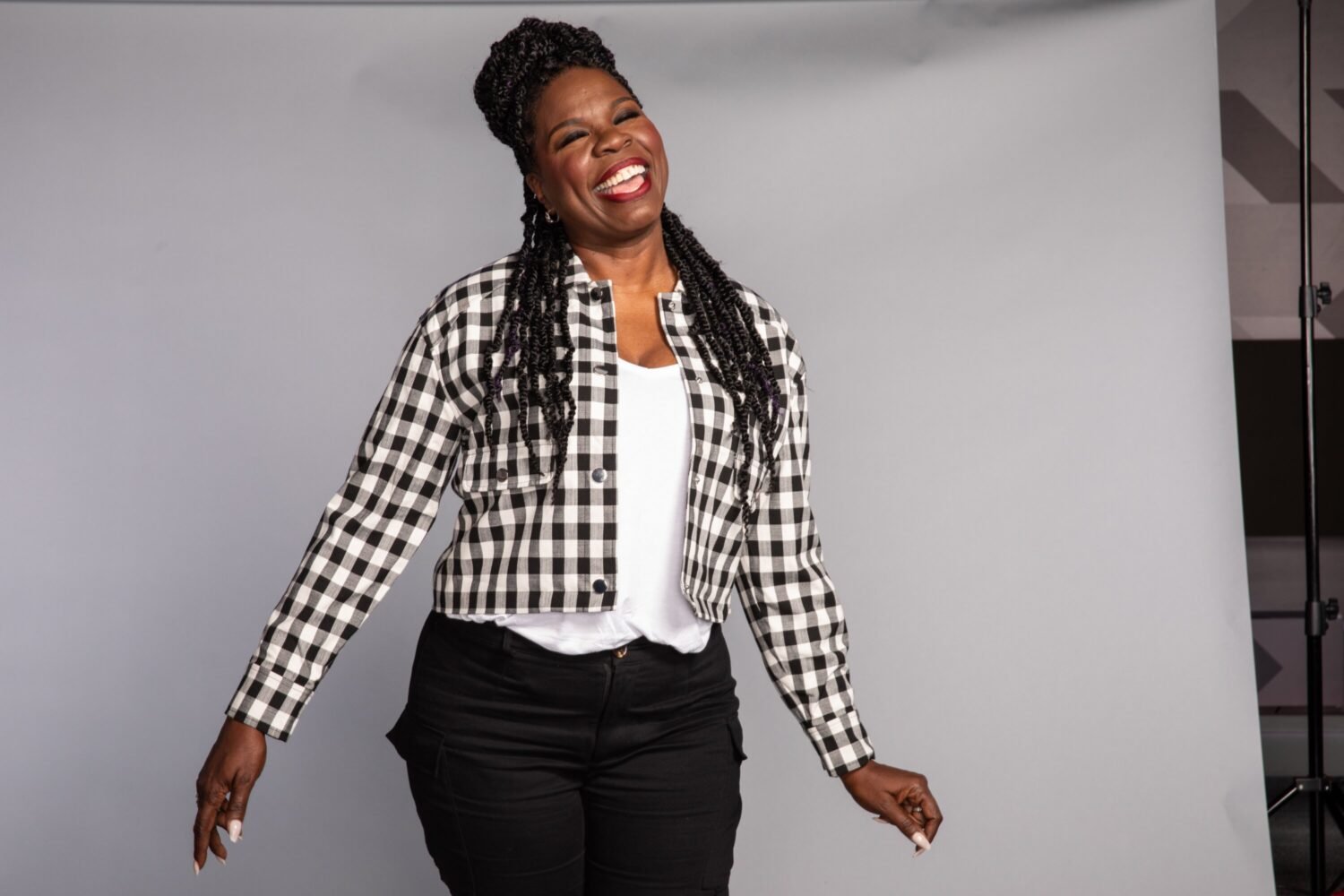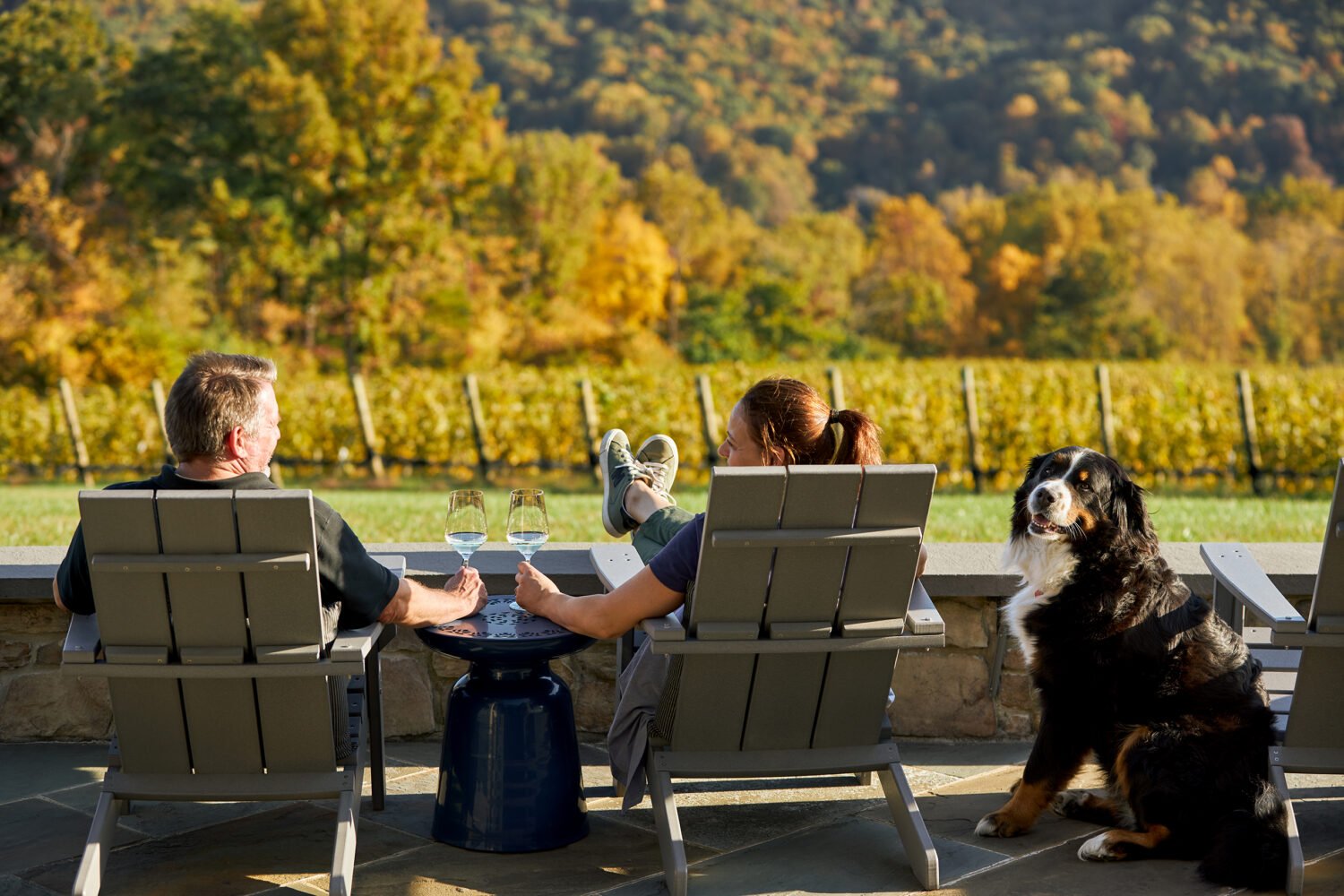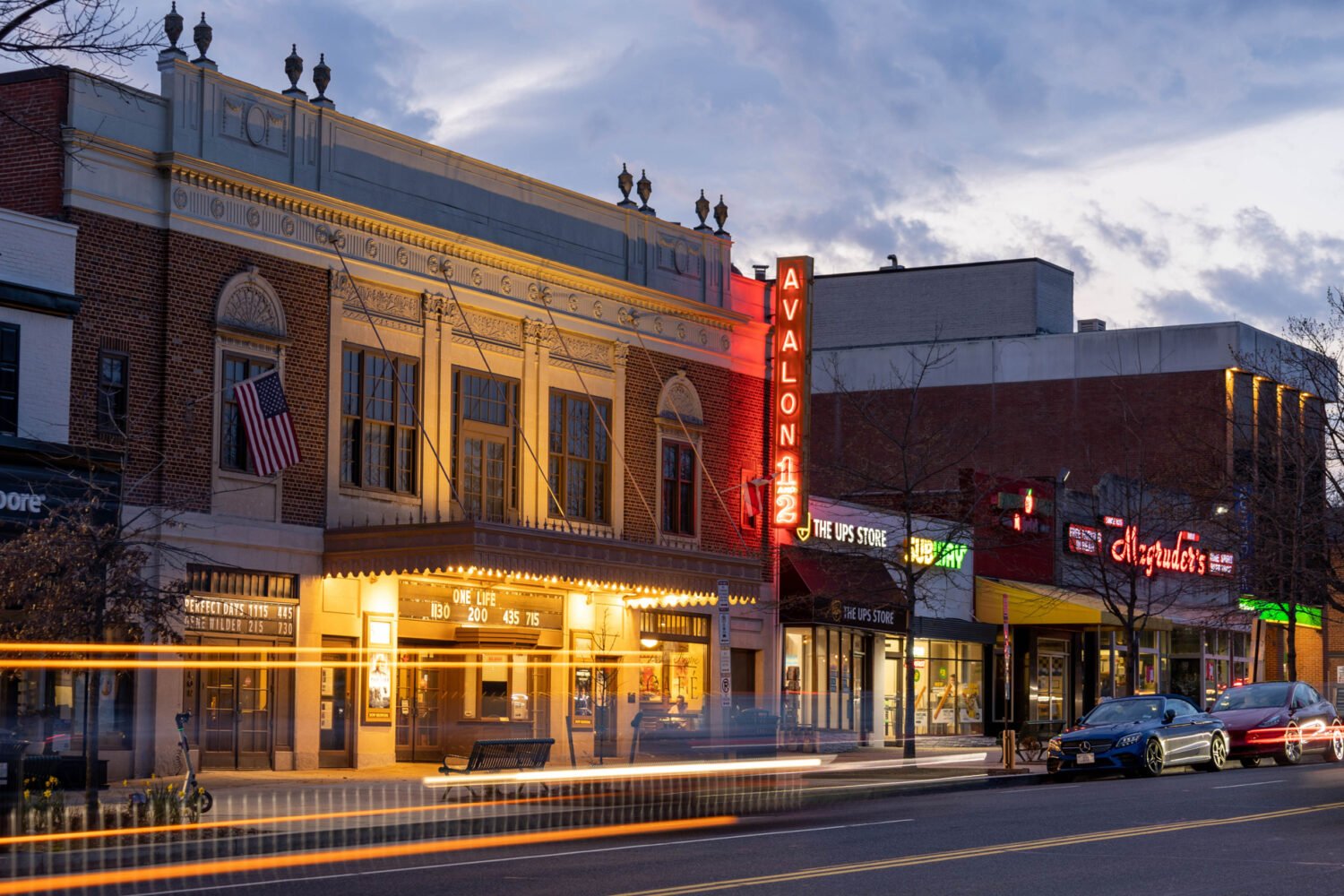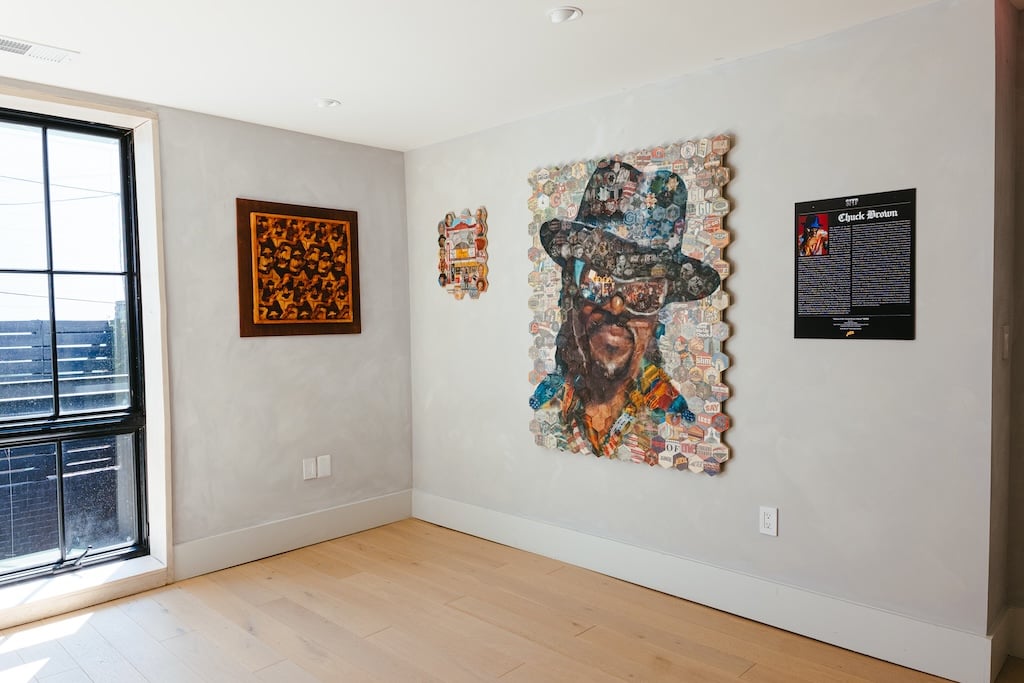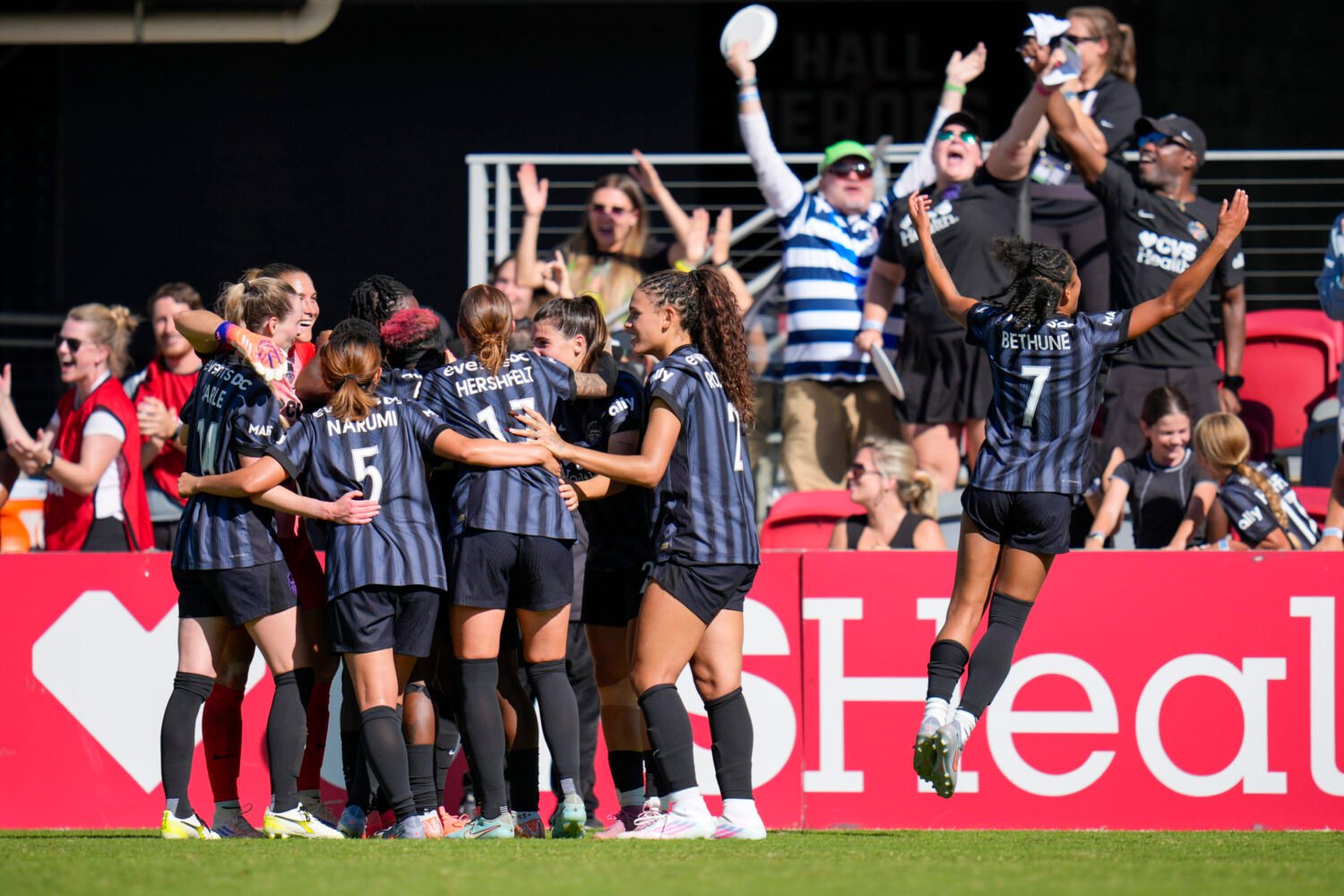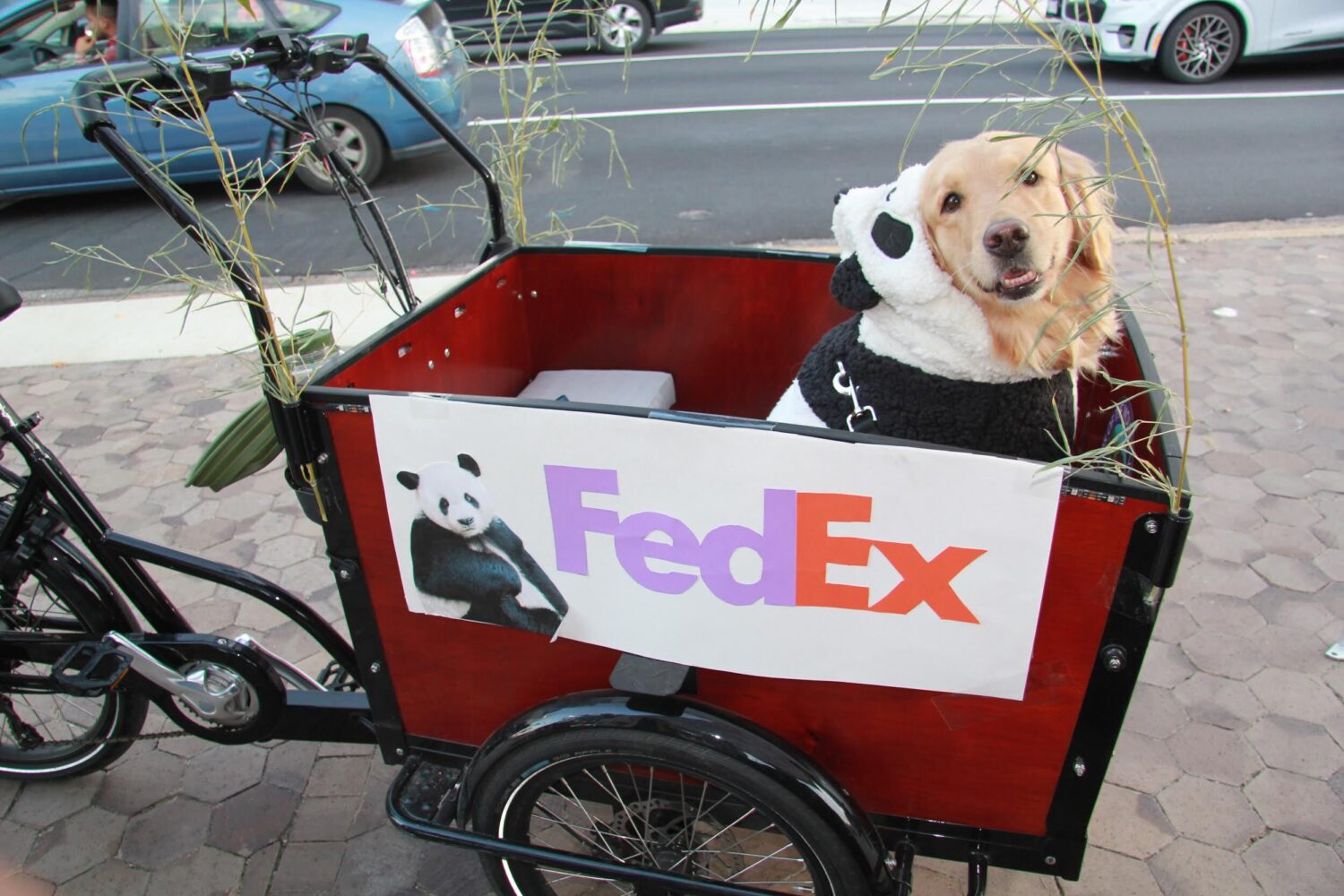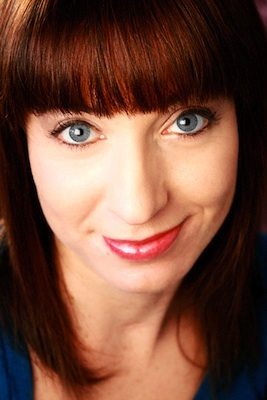
[NOTE: This interview contains some adult language and sexual content.]
In a culture seemingly obsessed with selling women the idea that monogamy and marriage
are the pinnacle of happiness (see: the innumerable bridal reality shows currently
on the air),
Ophira Eisenberg is a breath of fresh air: a woman who is okay with casual sex—and, more important,
with talking about it openly. Her new memoir,
Screw Everyone: Sleeping My Way to Monogamy, chronicles years of her adventures as a self-proclaimed “slut,” dating man after
man with no need for commitment—until she meets one who demands it from her.
Eisenberg is a host and regular speaker at storytelling series the Moth, a standup
comedian, and the host of NPR’s
Ask Me Another radio quiz show. On Thursday she appears at Sixth & I Historic Synagogue for a reading
and discussion with fellow relationship memoir author
Marion Winik, moderated by the
Washington Post’s
Ellen McCarthy. We spoke with the charmingly candid Eisenberg by phone about her book, the pluses
and minuses of dating in the social media age, and what it’s like to know that everyone
in the room knows the details of her sex life.
What can you tell me about the show?
It’s myself and another author, Marion Winik; we both have comedic memoirs out about
dating, love, and relationships from different perspectives, mostly due to age. Hers
is called
Highs in the Low 50s, so she’s talking about love and dating in her fifties, and mine goes more into my
twenties and thirties. We are going to be doing a reading—well, I usually tell a story,
because that’s what I do a little bit better—and then we have Ellen McCarthy, who’s
at the
Post and writes the “On Love” column, hosting and moderating it. She’s probably going
to ask us questions about matters of the heart, how we got through these situations,
and if any of the people in the book have contacted us, and we’ll open it up to questions
from the crowd—probably about our experience navigating the world of relationships
and about what it was like to write a memoir. It’s cool we have Ellen because she’s
the reporter angle, our journalist on love, and we are the subjects on love.
How did you get the idea for your book?
It sounds ridiculous, but [the opportunity] kind of came to me. I wanted to write
a book—you have to start with that! It’s a big task. I would write these smaller pieces
and perform them a lot onstage at things like the Moth, which I host for now. At one
event there happened to be a literary agent there, who became my agent. She’d heard
some stories, and her boyfriend at the time was like, “That girl has a lot of stories
about dating!” She thought it was very funny, and she took me out for a tea and said,
“What do you think? Do you have enough for a book?” I wasn’t convinced I did, but
I knew I would love to try to do it, so I looked back through my pages and notes and
files on my computer and realized, “Oh, my gosh, I have failed enough times in relationships
to put together a book.” But it ends with monogamy, so depending on how you read it,
it’s either a happy ending or you think, “Things really went downhill for that poor
girl.”
At what point did you decide to start chronicling your dating adventures?
Much after. It was never at the time—you know, we all do things and we’re like, “This’ll
be a good story someday,” but if you walk into a scenario thinking it’ll be a good
story, it never is. So there was this guy I fell in love with when I was 17—just head
over heels, one of those first loves that will never be repeated because it’s naive
and totally over the top and not sustainable but feels really good. I went through
a journey with that guy; I cheated on him in another country, then I lied about it,
then we broke up and I wanted him back, and I moved across the country to get away
from him, I was so heartbroken. On suggestion of a friend I went to a Haitian witch
doctor in Montreal and cast a spell on him to get him to come back to me. It didn’t
work out, just so you know—but right around when I’d done all this stuff, I was studying
cultural anthropology at McGill and nursing heartache, and somewhere in the year after
I told part of that story to someone, and they said, “What?!” I realized I’d
done something a little extreme or different, and I really liked writing, so I thought,
“I should probably jot this down.”
There’s such a stigma about women being open about their sexuality—were you concerned
about possible negative reactions as you were writing the book?
I didn’t think much about it as I was doing it. I kind of put a blind eye to it and
decided not to focus on it. I’m not a very salacious writer—[the book] is honest and
out there, so the thought of, “Are people going to think I’m a freak crazy slut?”
was never really there. And when it was out I started getting reactions, but thank
God a lot of them were positive. Our culture is extremely threatened by a woman who
likes sex—you have to dislike it. I got a lot of, “Would you tell your daughter it’s
okay to sleep around?” I’m not going to tell anyone to do what I did, but I was always
in control. I picked people; I wasn’t standing outside of a bus station with a sign
saying, “Please come and f**k me.” It rattles people. You can’t escape that question,
“Who’s the woman, the virgin or the whore?” But if you start talking to women, most
women have a lot of partners; they’re figuring things out. If anything, the reaction
I got that was negative has fired me up to want to talk about it even more. People
have said, “It’s very brave of you”—it’s not brave. If any guy wrote this book, no
one would blink an eye.
Is it strange to know that so many people out there know so much about your sex life?
It’s pretty weird! I have to admit it’s pretty funny. It’s kind of great because what
often happens is it’s like you open up the floodgates. People really want to talk about this stuff, so they come to me and admit the craziest stuff they’ve done,
like, “Did you ever try a harness and a blindfold?” or, “Oh, when I was in Thailand,”
and then it’s some story about a few guys. But it creates a dialogue.
Seems like a confident, funny woman could be intimidating to men. Do you find that?
With guys, the meanest way to say this is they did not want to deal with anyone that
would challenge them. But those guys are not a match for me. I’ve certainly chased
after the wrong person, but I was not into that kind of thing—it made me feel sad for
women. How often do you hear, “All I’m looking for is a girl with a sense of humor
who is funnier than I am?” It’s not really out there—I could imagine a girl saying
that, but not so much the other way around. I was always drawn to the nerd, the smart
guy, the guy that reads, and that guy is for the most part a bit open-minded and sensitive
and happy to potentially consider me an equal. I’ve always loved the company of men, and
I have lots of male friends, but if you are looking for a girl that’s gonna shut up
and giggle along, that’s not going to be me.
Do you think social media has been a positive or a negative for dating?
I think about that all the time. I dated online, but I met my husband offline—I like
to say we don’t call it real life anymore, we call it offline. I feel like there’s
two sides to it: You get through garbage with online stuff, from the speed of it,
so when you meet someone you already know a bunch of stuff—or you’re about to be surprised,
because some people lie. So there’s a little bit of a lack of that sort of “I have
no idea who you are, but I’ll give you a chance” concept—you come in on the third chapter
of the book. I know a lot of people who are married or have great, successful relationships who met online.
The other side is the social media on the back end; I’m so glad as a teenage girl
I did not have to see the posts of the guy who broke my heart in photos with the new
girl at a party. I guess everyone now is gonna grow up with a much thicker skin. I
have lost track of people in my life, and that is a wonderful thing, Facebook does
not allow anyone to lose track of others. I have been contacted, thanks to Facebook, by people in this book. There’s a story about a one-night stand where I went home
with guy and he revealed this room full of Garfield toys. So he’s out of his mind
a little bit, but we still have sex, and he has the biggest penis I’ve ever seen, but
the sex is terrible—the worst sex I’ve ever had. [After the book was published] he sent me a note on Facebook, and
I didn’t want to open it. But turns out if you say that a guy has a big penis, it
doesn’t matter what else you say—that is all they care about. Then another guy wrote
me and said, “Really? Two years of a relationship and I get two paragraphs?”
You change the names of the men in the book, right?
I do. I make fun on the first or second page that I had to change names because most of
them were named Dave—I dated a lot of Daves—so readers could follow along. I did not
change the name of my husband, because that would be odd, and I did not change the name of
Brad Moore, my first kiss. In hindsight, that guy was a good kisser in grade seven,
fresh out of the gate—way better than guys in New York I kissed in my thirties, and
I thought he should know that.
Has he contacted you?
He has not. I have no idea where he is; this was pre-Facebook.
Would you say dating is better in your thirties than in your twenties?
I would say so, just because I knew more about what I didn’t like, and I would just
not put up with it anymore. It’s almost like people end up being prototypes, so you
go, “Oh, I know this person, I’ve talked to this person, I’ve been with this person,
and now I know this person isn’t for me.” You have more confidence; your twenties
are a little bit like, “Oh, whatever, I hope you like me!” My theory is if you don’t
like me it’s okay, because I don’t like you.
You really have to approach it lighthearted, because life is tough. I really would
make a conscious effort to not take it so seriously, to go out and have fun. Sex can
be fun! There’s a whole stigma about dating a lot of people, but wouldn’t you want
to gather experience? When people are adventurous with food, it’s a great characteristic,
or if someone’s traveled a lot, but for whatever reason if you
put that together with relationships. . . . There’s that whole thing of, “What’s your
number?” I’ve found that people have either dated 3 people or 100; there’s not much
in between.
See Ophira Eisenberg at Sixth & I Thursday, July 18, at 7 PM. Tickets ($12 to $38) are available at the door.

